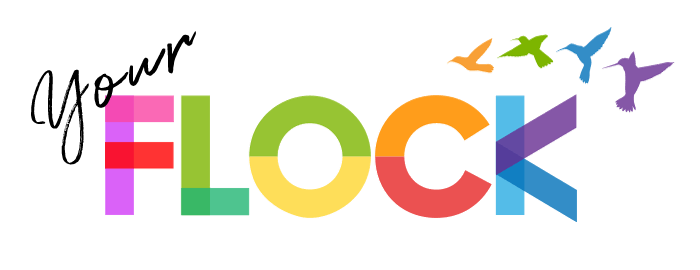Remote work is the new normal – how do you make it work?
Remote Work is the Future of Work
We live in surreal times of global pandemic. The virus has been spreading globally and as a result, many organisations introduced remote work almost overnight!
In fact, we saw a 900% increase in the remote workforce in the UK alone (5% in 2019 and 45% in 2020!). This will change the way we work forever and many companies will never go back to how they used to work. Remote working is the new normal.
And to prove that here are some of the key statistics:
- 53% of office workers say they’d leave their job for one that offers flexible work time (source)
- 85% of Millennials demand remote working (source)
- You can save up to £10,000 per new remote worker (source)
Getting remote working right is hard
But… remote working presents a new operating framework that employees have never operated with.
Getting remote working right is hard.
One study of 70 remote teams found that 82% fell short of their goals and 33% rated themselves as largely unsuccessful. Another Deloitte study of IT projects outsourced to virtual workgroups found that 66% failed to satisfy the clients’ requirements. An HRB research, they’ve discovered that most people consider virtual communication less productive than face-to-face interaction, and nearly half admit to feeling confused and overwhelmed by collaboration technology.
However, there are studies that found remote working increase productivity, an Aon Consulting report noted that using virtual teams can improve employee productivity; some organizations have seen gains of up to 43%.
The question is… How do I make remote work, work?!
Key challenges with Remote Work
The main reason for remote teams to fail is not caused by the lack of hard skills but by the lack of soft skills! Main challenges include:
The lack of understanding of individual strengths, roles, and the team dynamics
Team managers struggle to find out which team members will enjoy remote work and which ones will need more support. Uncovering people’s personality, core values, and team culture remotely can be very challenging for every team member. This results in people being demotivated and unhappy in their roles – affecting productivity.
Communication & Transparency
Remote work, especially during the pandemic, brings a lot of fear and uncertainty. Neuroscientists found that uncertainty is the worst emotion we can have. It produces more anxiety than the pain itself. This is why it is extremely important to communicate clearly and swiftly to other employees about how the pandemic will impact their work.
Making Remote Work – Work!
Define your individual strengths, roles, and the team dynamics
There is a whole psychometrics industry that can help you with that. Especially, when the personal contact is limited, personality tests can really help the team learn more about its strengths and weaknesses and use them to effectively define team roles and eventually improve productivity.
Sadly, the psychometric companies have made their tests extremely complicated and teams can really only take advantage of them once they certify themselves for a £2,000 fee to be able to understand the reports they receive.
Your FLOCK – Digital Coach for Remote Teams
This is why we’ve created Your FLOCK, an easy solution that helps managers define their team and individual strengths. The design is simple and doesn’t require extra costs.
Teams can use Your FLOCK to continuously monitor how their team culture evolves and use Your FLOCK as a digital coach that nudges employees with weekly activities tailored to their strengths and designed to align the team and improve productivity.
And the technology is based on research from The University of Manchester and expertise is provided by multiple Learning & Development professionals with a combined experience of over 200 years in the space. Your FLOCK has also recently won an Innovate UK grant to develop its Machine Learning fuelling platform’s algorithms.
Improve your Communication
Here are 3 qualities of a good communication approach:
- Speed: The longer people feel uncertain, the more anxious they will become. Nobody wants to work in an anxious environment, make sure you let your team know what’s happening as soon as possible!
- Simplicity: Avoid speculations and lengthy messages. Overwhelming your employees with a variety of information can lead to fear and stress. Stick to facts and key points to improve your communication.
- Transparency: Communicate frequently with your employees to avoid panic. Don’t be afraid to communicate what you don’t know yet to maintain a trusting relationship with employees.
What to communicate specifically during COVID-19?
- What initiatives the company is taking to minimise the spread (i.e more frequent cleaning, more soap in bathrooms)
- Support available to employees (i.e. Q&As, counselling)
- Changes to how the team will work (i.e. remote work)
- Facts and best practice (here is a link to the NHS advice page)
You can also try out Your FLOCK to find out what truly motivates your teammates and find more engaging ways to grow as a team. Sign up here.





